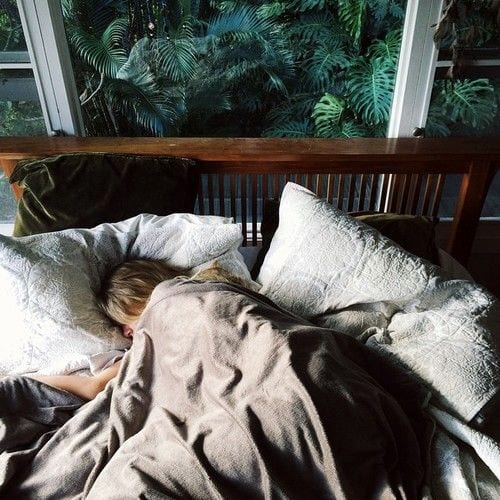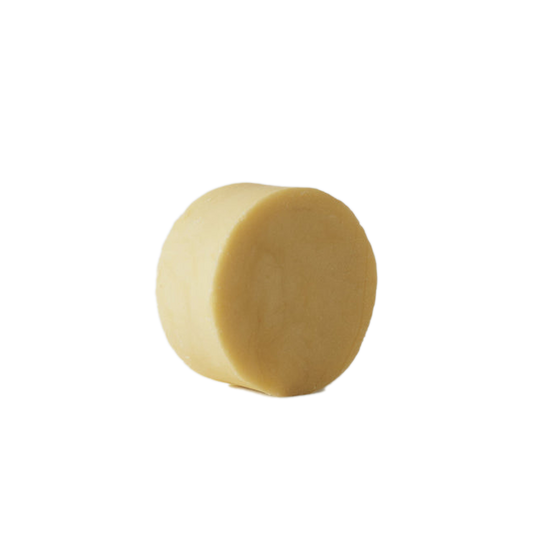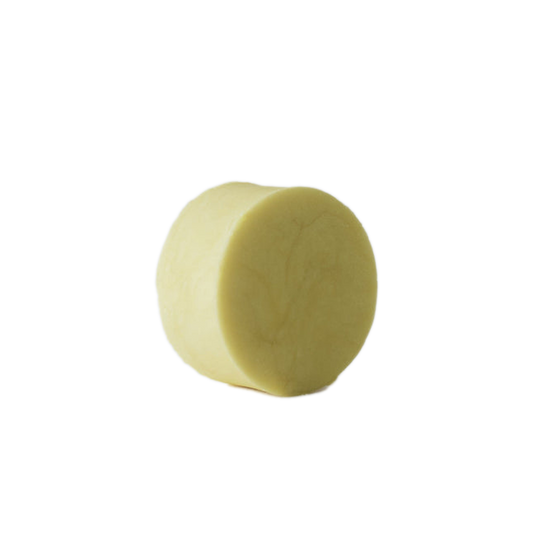Here at Glasshouse we believe that our health and well-being can be significantly improved by prioritising a few small (but important) elements of our lifestyle. We’ve collaborated with our in-house nutritionalist and well-being expert, Danielle Heyhoe, to bring you a three-part series focusing on a few key issues: sleep, anxiety and balancing hormones. Offering advice and tailored knowledge, Danielle knows exactly how to utilise the best out of your diet and your daily routine to improve individual physical and emotional well-being for the better.
Our first instalment is all about sleep - and what to do if you’re not getting enough of it. Over to you Danielle…

Sleep plays such a big part in our lives. And a wonderful part – who doesn’t love sleep?! It shouldn’t surprise us, but getting eight hours sleep each night is one of the fundamentals for good health and well-being. Our energy reserves are restored through sleep and nutrition. On top of which, our mental health, cognition, and weight management have all been evidenced to improve with an increased quality of sleep. Getting restorative sleep is also the pathway to a calm and tranquil mind, which is something we all want and need for a contented life. By sleeping enough, and preparing well for a quality sleep, we support our immune system to function well and protect our moods and emotions.
Sleep deprivation can affect an array of our daily functions; cognition, energy, learning ability, and weight regulation. Research shows that disrupted or shortened sleep is correlated with Type Two Diabetes and obesity. This is because insufficient sleep impairs our metabolism, weight regulatory system, and insulin sensitivity, which essentially means there is an increased amount of insulin hanging around in the body causing weight gain. Sleep deprivation is also a huge contributing factor to that afternoon lull - when you feel as though you’ve been drained of energy, or when you’re speaking with someone but struggle to concentrate on what they’re saying. Often the eyes glaze over into a full stare.
Routine
My absolute number one tip for getting a good night’s sleep is simple but effective; get a nighttime ritual. Having a regular time for going to bed (and waking up) is the first step. The ritual itself might include; sipping on a small peppermint tea, which supports digestion post-dinner; having a shower, allowing the hot water to relax your back and neck muscles after a day on the computer or labouring; reading a book is also great to get your mind off work and relax the body. The key to a nighttime ritual is to make it just that, a ‘ritual,’ meaning you do it every night. This will communicate with your brain that it is time for sleep. Exercising regularly and avoiding stimulating foods in the afternoon and evening have been proven to help with preparing for a good night’s sleep as well.
Personally, I’m a bit religious about my night ritual. I usually sip on nettle or dandelion herbal tea, take a hot shower, and head to bed by 10:30pm. I read from my kindle in the dark, which is the only screen that doesn’t interfere with our sleep cycle. I feel drowsy after about twenty minutes and then fall asleep. Works every time!
Nutrition
Nutrition plays an important role in the sleep cycle. Eating whole, unprocessed, and natural foods throughout the day, with a sufficient vegetable intake (6 handfuls per day), and good quality fats, provides the body with adequate nutrition, promoting proper body functioning. This also means that the food we eat has an impact on supporting the pineal gland to produce melatonin. Melatonin is an important hormone that establishes our circadian rhythm (sleep-cycle). Its levels tend to rise and fall throughout the day and peak most at night time, which is what causes drowsiness.
Aside from nutrient-dense foods, foods that are rich in magnesium can help boost our magnesium levels, which can relax our muscles for a better quality sleep. These foods include dark leafy greens, nuts, seeds, avocados, and bananas.
When it comes to the afternoon I tend to advise avoiding stimulating foods; coffee, black tea, sugar, and alcohol. Caffeine stays in your system for more than 6 hours and keeps you alert in the evening. Sugar gives you a shot of (short-lived) energy, which can inhibit the effect of melatonin production, thus keeping you awake.
My advice in a nutshell would be to eat whole, unprocessed foods and a natural diet full of things you can find growing outside. Women who consume processed and refined foods regularly are 65% more likely to incur depression, which is often felt in the form of sluggishness and can lead to bad sleep. So it’s super important to be mindful of what you’re eating on a daily basis.
Alcohol
It’s a total myth that alcohol sends you to sleep. Just one small glass of wine can significantly reduce the total amount of time you are asleep for. People tend to report that they get to sleep faster when they consume alcohol, however research shows that alcohol disrupts the second half of the sleep cycle more than the first. Alcohol causes wakefulness, meaning people tend to wake up more often in the second half of the night after consuming alcohol, and the total time of their second half of sleep is reduced. If you love having a beer or a glass of wine, I suggest keeping your alcohol consumption to Friday and Saturday nights (in small doses) so you can laze about in bed the next day and get a bit more rest, even if it will be of poorer quality.
Whether you’re a dreamer, an early-riser or a toss-and-turner, sleep is sleep and we can’t do without it. It’s your greatest source of restorative energy production - if you are tired, get more sleep, if you can’t sleep, try cultivating a night time ritual. With quality sleep, and enough of it, you will have improved cognition, balanced energy levels, decreased afternoon lulls, enhanced memory for work, and a more positive mood - who can argue with that?! All these things lead to a greater appreciation for life and for those we love. Sleep is the dream!
Find out more about Danielle and her work here and keep posted for part two of our Well-being Series.




